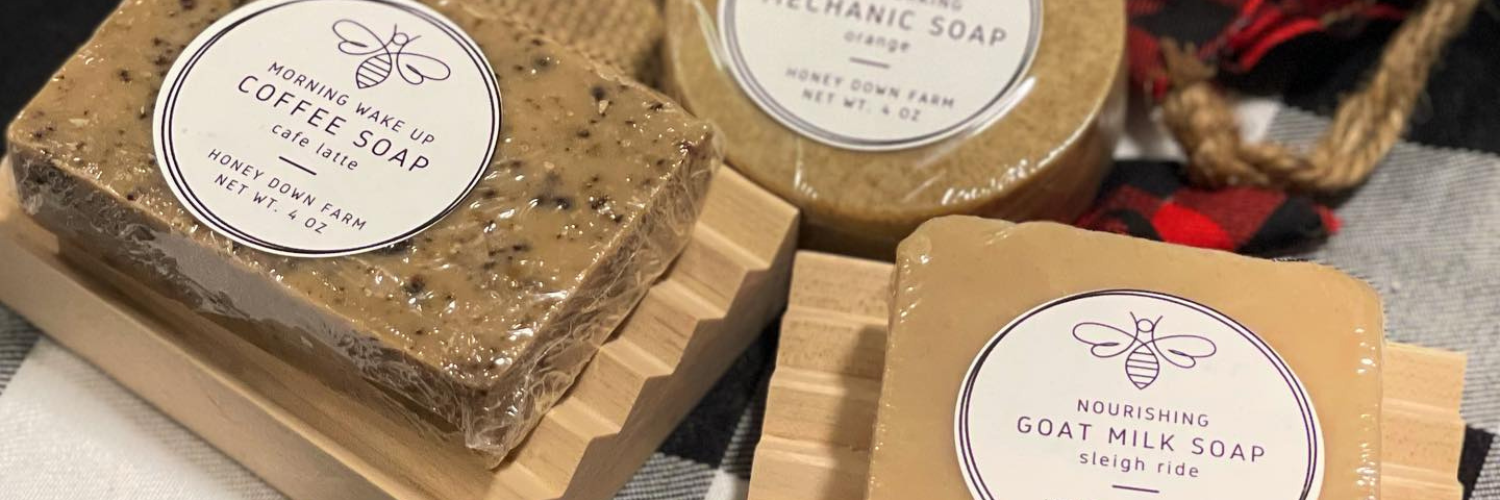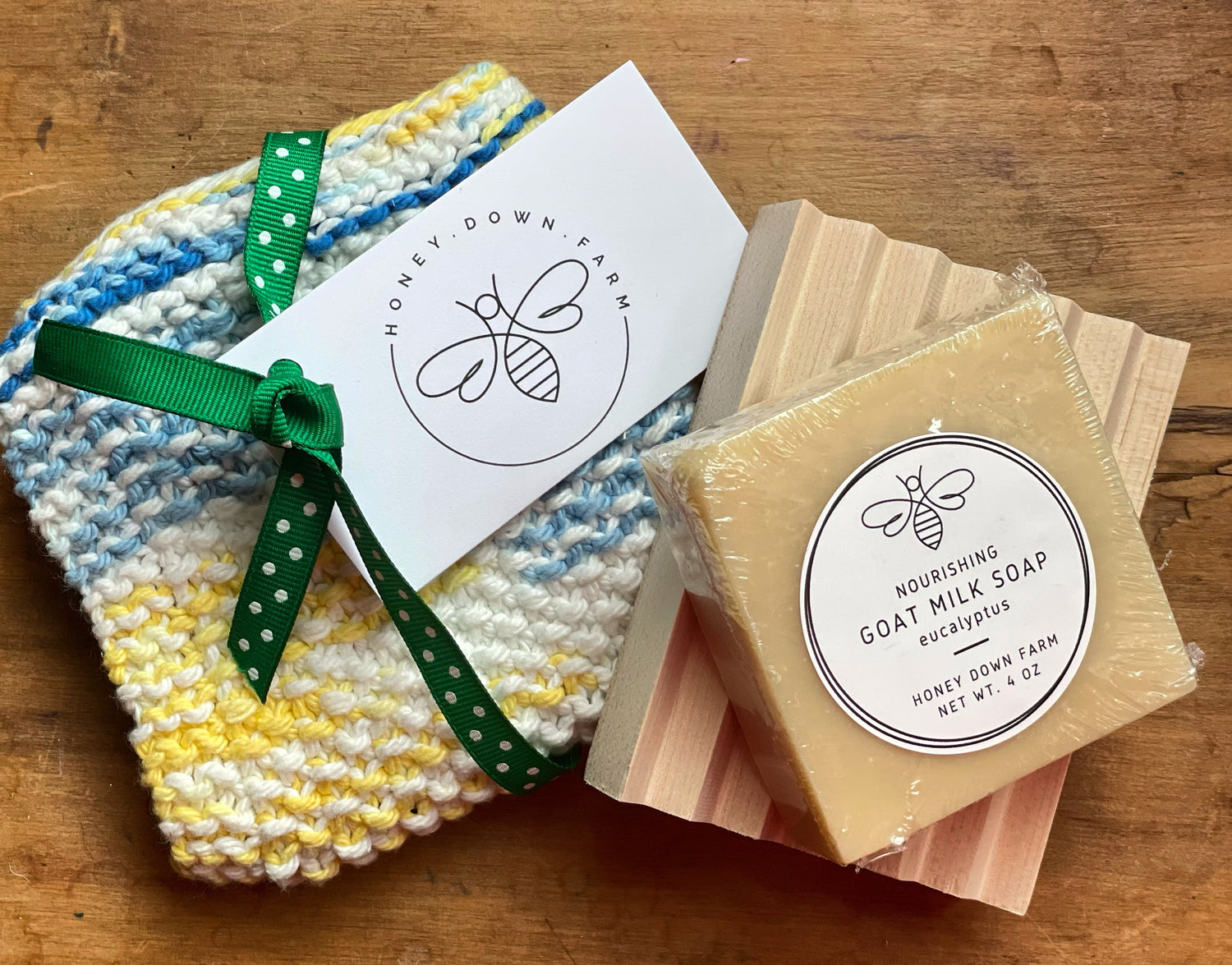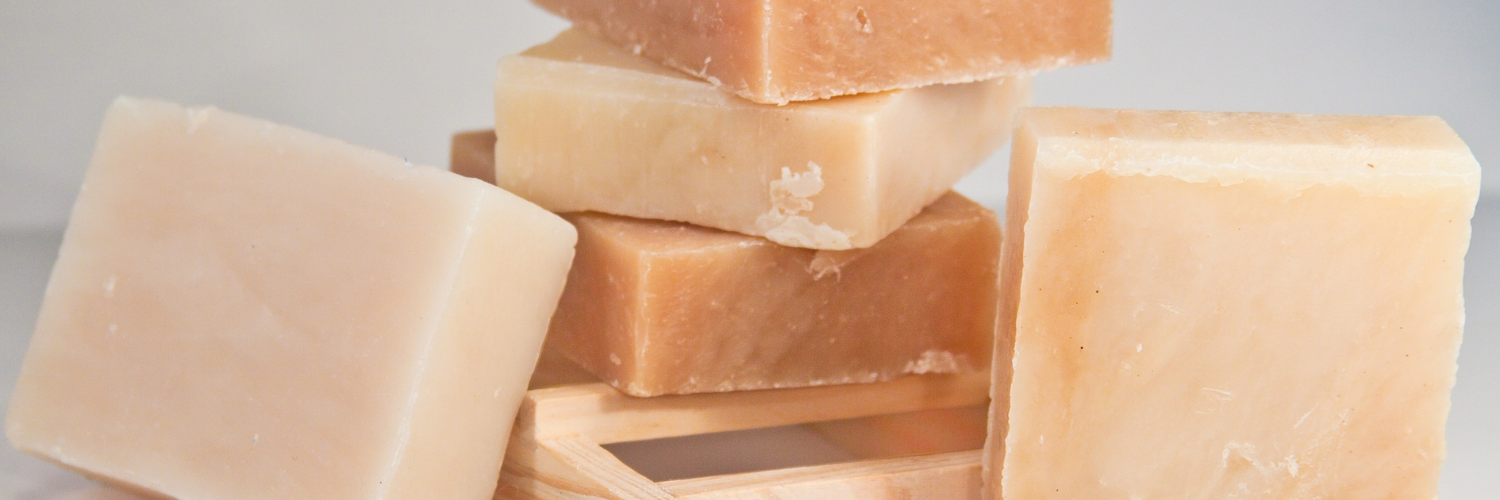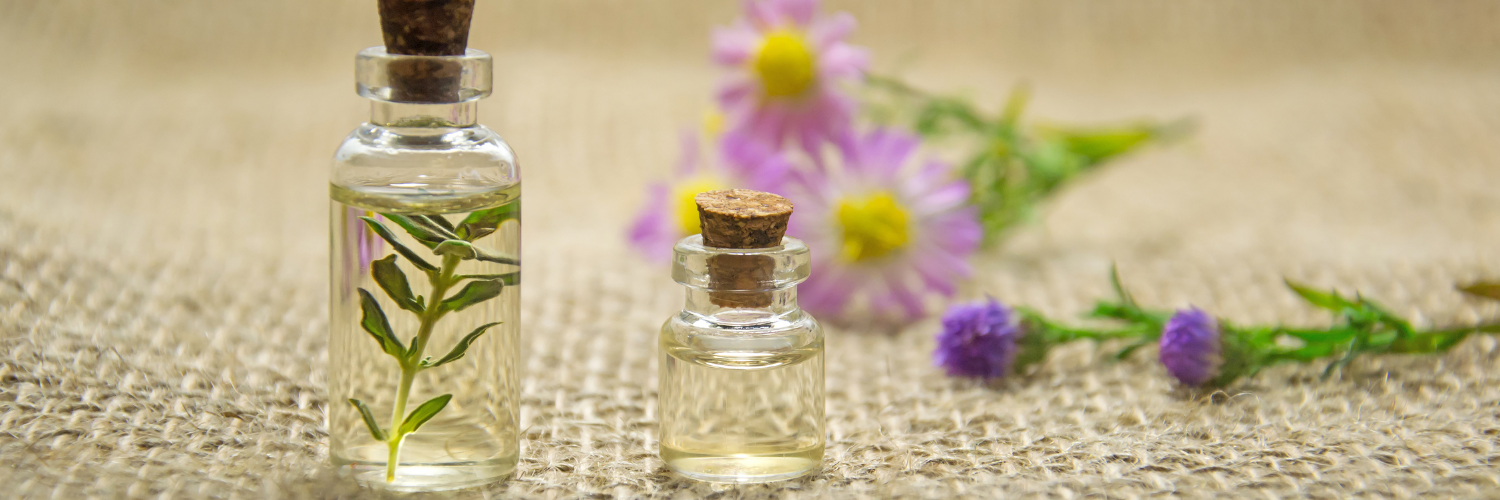Bar soap has been around for centuries, and it was once a staple in many households. But, in recent years, it has seen a sharp decline in popularity as other skincare products have become more prevalent. In this blog post, we'll explore the reasons for the decline of bar soap and what the future may hold for this beloved product.
Introduction to Bar Soap
Bar soap is a cleansing product in solid form that is made up of fats or oils, alkali, and water. It has been used since ancient times and is still widely used today in many parts of the world. The traditional bar soaps were made from animal fat and lye, which is a type of alkali. Modern bar soaps are made with vegetable oils and fats and are available in a variety of fragrances and formulations.
Bar soap has been a popular choice for personal hygiene and cleaning for centuries, and is still a common choice in many households. It has a number of advantages, including being inexpensive and easy to use. Additionally, bar soap is environmentally friendly, as it does not come in packaging and can be reused.
What is Bar Soap?
Bar soap is a cleansing product in solid form. It is made up of fats or oils, alkali, and water. The traditional bar soaps were made from animal fat and lye, which is a type of alkali. Modern bar soaps are made with vegetable oils and fats, as well as a variety of fragrances and formulations.
Bar soap is available in a variety of shapes, sizes, and colors. It is usually a solid bar that is meant to be used with water to create a lather. The lather is then used to cleanse the skin. Bar soap can also be used to clean surfaces, laundry, and dishes.
Advantages of Using Bar Soap
Bar soap has a number of advantages, including being inexpensive and easy to use. Additionally, bar soap is environmentally friendly, as it does not come in packaging and can be reused. Bar soap also has a long shelf life and can be stored in a variety of places.
Bar soap is also effective at cleansing the skin and removing dirt, oil, and grime. It is also gentle on the skin, as it does not strip away the natural oils. Additionally, bar soap does not contain any harsh chemicals, which makes it ideal for people with sensitive skin.
Common Ingredients to Avoid in Bar Soap
When choosing a bar of soap, it is important to look for natural ingredients. Some common ingredients to avoid when choosing a bar of soap are artificial fragrances, preservatives, parabens, sulfates, and phthalates. Artificial fragrances and preservatives can be irritating to the skin, while parabens, sulfates, and phthalates can be harmful to your health.
What is Bar Soap Good For?
Bar soap is ideal for cleansing the skin and removing dirt, oil, and grime. It is also gentle on the skin, as it does not strip away the natural oils. Additionally, bar soap can be used to clean surfaces, laundry, and dishes.
Bar soap is also a great choice for people with sensitive skin, as it does not contain any harsh chemicals. Additionally, bar soap can be used on the face, body, and hands, making it a versatile product.
Natural Skincare Alternatives to Bar Soap
There are a number of natural skincare alternatives to bar soap. These include cleansing oils, cleansing balms, and cleansers made with natural ingredients such as aloe vera and honey. These alternatives are gentler on the skin than bar soap and can be used to remove dirt, oil, and grime without stripping away the natural oils. Additionally, they are free of artificial fragrances, preservatives, parabens, sulfates, and phthalates, making them a great choice for people with sensitive skin.
The Decline of Bar Soap
In recent years, bar soap has seen a sharp decline in popularity as other skincare products have become more prevalent. This decline has been attributed to a number of factors, including the rise of liquid soaps and body washes, the perception that bar soap is less hygienic, and the availability of natural skincare alternatives.
Factors Leading to the Decline of Bar Soap
One of the main factors leading to the decline of bar soap is the rise of liquid soaps and body washes. Liquid soaps and body washes are more convenient and often come in attractive packaging. They are also more hygienic than bar soap, as they can be used without touching the product directly.
Another factor leading to the decline of bar soap is the perception that bar soap is less hygienic. Many people are concerned about using bar soap, as it can be exposed to germs when left in the shower or bathroom. Studies have shown it is unlikely a bar of soap would transfer bacteria. Additionally, bar soap can be difficult to store and tends to get slippery when wet.
Finally, the availability of natural skincare alternatives has also contributed to the decline of bar soap. Natural skincare alternatives such as cleansing oils, cleansing balms, and natural cleansers are gentler on the skin than bar soap and free of harsh chemicals. These alternatives are becoming increasingly popular, as people are looking for ways to take better care of their skin.
The Future of Bar Soap
Despite the decline of bar soap, it is still a popular choice in many households. Soap formulators are now beginning to focus on making bar soaps with natural ingredients that are gentle on the skin and free of harsh chemicals. Additionally, there are now bar soaps that are designed to be more hygienic, such as those with built-in soap dishes.
Bar soap is also making a comeback as more people become aware of the environmental and health benefits of using natural skincare products. Bar soap is a great choice for those looking for an eco-friendly and natural skincare product.
Conclusion
With the increasing popularity of natural skincare products, it is likely that bar soap will make a comeback in the near future. Bar soap is a great choice for those looking for an eco-friendly and natural skincare product. If you're looking for a natural and affordable skincare option, bar soap may be the perfect choice for you.





